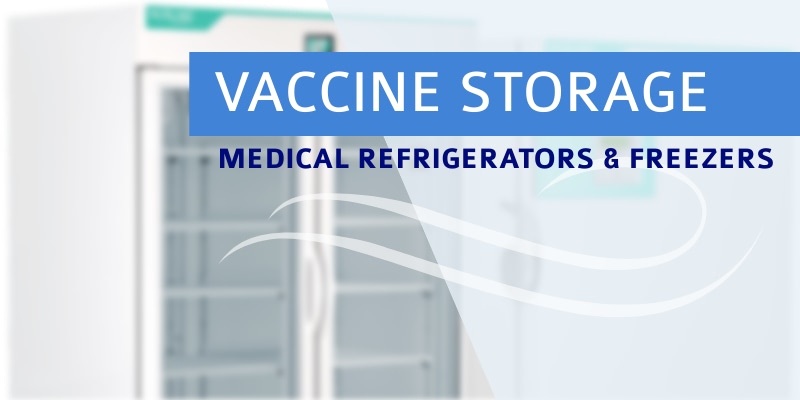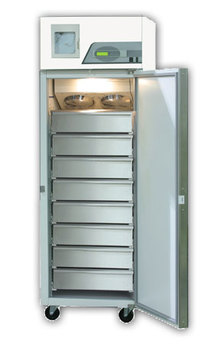
Ensuring Vaccine Potency with Proper Flu Vaccine Storage
Influenza (flu) vaccines are essential for protecting public health, especially during peak flu seasons. Maintaining the cold chain and ensuring proper vaccine storage is critical for preserving vaccine potency and preventing costly losses. Healthcare facilities must have the appropriate refrigeration equipment and follow best practices to safeguard their vaccine supply.
Calculating Flu Vaccine Needs
Determining the appropriate amount of vaccine to order requires careful planning and consideration of several factors:
- Historical Usage: Analyze past flu season data to estimate the number of doses typically administered.
- CDC Recommendations: The Centers for Disease Control and Prevention (CDC) suggests maintaining a 60-day supply of vaccines while ordering replacements on a 30-day cycle.
- Peak Season Inventory: Ensure sufficient storage capacity for the largest inventory, typically before the start of the flu season or school year.
- Expiration Dates: Regularly monitor expiration dates and dispose of expired vaccines properly.
Determining Refrigeration Capacity
Once you’ve estimated your vaccine storage needs, select pharmaceutical-grade refrigerators and/or freezers with adequate capacity. Use the following tables as a guideline:
Refrigerated Vaccines:
| Maximum Doses | Minimum Cubic Feet Required |
| 1000-2000 | 40 |
| 900-1000 | 36 |
| 801-900 | 21-23 |
| 701-800 | 17-19.5 |
| 400-700 | 16.7 |
| 100-399 | 4.9-6.1 |
Frozen Vaccines:
| Maximum Doses | Minimum Cubic Feet Required |
| 501-6000 | 7-14.8 |
| 201-500 | 5-5.6 |
| 0-200 | v |
Choosing the Right Vaccine Refrigerator
Selecting the appropriate vaccine refrigerator is crucial for maintaining vaccine potency.
- Pharmaceutical-Grade: Use only purpose-built, pharmaceutical-grade refrigerators and freezers designed for vaccine storage. These units provide precise temperature control and alarms to ensure vaccine safety.
- Temperature Control: Ensure the refrigerator maintains the required temperature range for vaccine storage (typically between 2°C and 8°C for refrigerated vaccines and -50°C to -15°C for frozen vaccines).
- Temperature Monitoring: Choose a unit with a reliable temperature monitoring system and alarms to alert staff of any temperature excursions.
- Capacity: Select a lab refrigerator with adequate storage capacity for your estimated vaccine needs.
Best Practices for Flu Vaccine Storage
- Temperature Monitoring: Regularly monitor refrigerator and freezer temperatures to ensure they remain within the safe range for vaccine storage.
- Storage Practices:
- Keep vaccines in their original packaging.
- Store vaccines with earlier expiration dates toward the front of the unit.
- Allow for proper air circulation between vaccine packages.
- Maintain 2-3 inches of space between contents and the refrigerator walls.
- Fill unused space with water bottles or freezer packs to help stabilize temperatures.
- Emergency Preparedness: Develop a plan for handling power outages or equipment failures to prevent vaccine spoilage.
Protecting Public Health with Proper Vaccine Storage
Proper flu vaccine storage is essential for protecting public health and ensuring the effectiveness of vaccination programs. By following best practices, selecting the right equipment, and maintaining a vigilant approach to temperature monitoring, healthcare facilities can safeguard their vaccine supply and contribute to a healthier community.
Questions? Contact the Experts at Tovatech
Don’t buy refrigeration that is too big or too small. Call or chat with the experts at Tovatech to ensure you get the right vaccine refrigerator for your needs.

